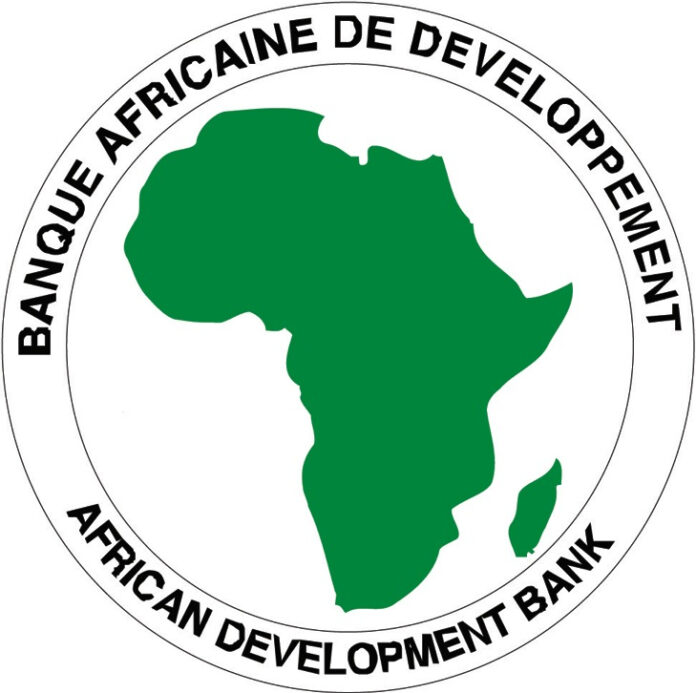Dr Martin Fregene, Director, Agriculture and Agro-Industry, African Development Bank (AFDB) has tasked the African governments on agricultural structural transformation and increased finance to mitigate food challenges in Africa.
Fregene stated this at the virtual forum of Technologies for African Agricultural Transformation (TAAT), a flagship programme of the African Development Bank, the second edition on Thursday.
He said Africa had received some incredible impacts from extraneous shocks to its food supply from factors such as COVID-19 and war in Ukraine.
“Africa is having a shortfall of 30 million tonnes of cereals, mostly Wheat and Maize due to the war in Ukraine.
“Why don’t we do the structural transformation required to make our agriculture market-led, in the sense that it is the market that provides farmers inputs, off takes from farmers and ensures they get extension services where they use the best technologies needed for production, like the rest of the world, Europe and North America.
“There is a market in Africa for cereals for food. The market can handle everything about mechanisation, production and finance,” he said.
Fregene stated that to get the private sector on board four things must be put in place which were changes in certified seeds required regulation, increased finance, improved infrastructure and fast tracked method of registering new varieties and inputs as well as technologies.
“We must have a seed council that would test certified seeds for purity and germination. So we need to strengthen the seeds system and national regulatory agencies.
“We need not just laws but enforcement to ensure that only certified seeds are sold and this will encourage the private sector to key in.
“Also, on fertilisers, out of six brands sampled in Nigeria, only one had the required nutrients the NPK 12:12:17, quality control has to be enforced and not just that but ensure fertiliser becomes a strategic commodity such as rice and wheat such that it is giving priority at the port to reduce demurrage before it is offloaded,” he said.
Also, Dr Innocent Musabyimana, Head, TAAT Clearinghouse said the TAAT programme connects innovative agricultural technologies from research institutes to private sector partners for adoption and scaling.
“This is one of the mechanisms we are using to transform agriculture across the continent.
“We are bringing all the technologies that are proven, ready to be used into the hands of millions of farmers for deploying it,” he said.
Musabyimana noted that TAAT has been implemented in 28 countries in the continent with 160 proven, high performing technologies by partnering government, private sectors and farmers.
“TAAT provides access to quality seeds that translate to quality yields for farmers. We have increased productivity by providing access to these technologies.
“We want to reach more farmers by working with the private sector as we have proven technologies for Wheat, Maize, Rice and Soybeans.
“So that as Africans we can mitigate the effects of the ongoing Ukraine war on African food production,” he said.
Sharing his success story, Mr Kola Adeniji, a farmer, said working with TAAT has led to an increase in cassava production among others.




